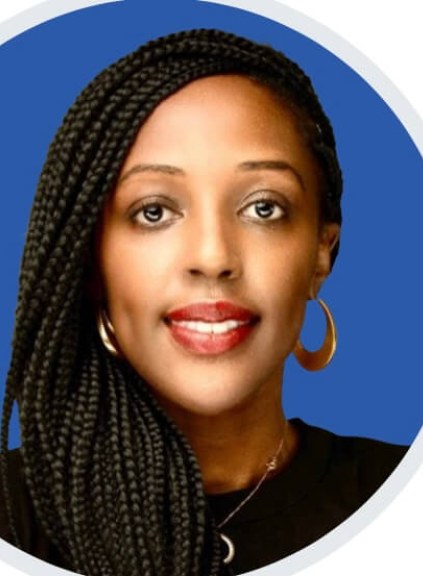Holding senior positions as a planner and analyst, Tracy Kebatta has gained extensive corporate experience in interpreting and using numerical data. Having worked for brands like Calvin Klein, Michael Kors, and Stuart Weitzman, she also now teaches Introduction to Statistics and Data Visualization in LIM's Master of Science program in Consumer Analytics.
What will students learn from the courses you teach at LIM?
Each student should begin to build on their ability for data storytelling. They'll learn the importance of data when it comes to creating regression models, probability and hypothesis testing, and how this all comes together for predictive analysis.
What has your professional background taught you about the importance of data science?
I've been a buyer and merchandise planner for brick and mortar stores, ecommerce channels, and eventually omnichannel. I've also been a corporate brand strategist, pulling the numerical data from each facet of an organization to determine the best course of strategy based on future modelling. The ability to read and interpret data is invaluable, not just within the particular organization you're working for, but on a global scale. The numbers and events you see even in a different part of the world are inclined to have an impact on the data within the organization you're working for.
Why is it crucial for companies and brands to rely on analytics when making their business decisions?
With monoliths like Amazon having access to such large amounts of personal data, many brands find themselves at a deficit. The ones who succeed are those who can implement predictive modeling and anticipate customers' shopping patterns, in order to evolve and provide them with what they want. The more data that is available to an organization, the more of an upper hand they have when it comes to making sound decisions.
What is the current demand for professionals in this area?
The demand is considerable. Data has become the most integral part of predictive statistics. The one required skillset for most organizations who intend to transcend the speed of an ever-evolving world will be the ability to read data, attribute data points, aggregate data, and then use those results.
What can a graduate do with LIM’s MS degree in Consumer Analytics?
With roles like buyers, planners, trend forecasters, data forensics specialists, financial analysts, CRM Marketing Analysts, and even geographical retail lease negotiators, the possibilities are really endless. I tell my students daily that most people are intimidated by numbers—but if you can build your ability to story-tell using data, you will be a valuable asset to any organization.
Ready to learn more about the Master of Science degree in Consumer Analytics?


